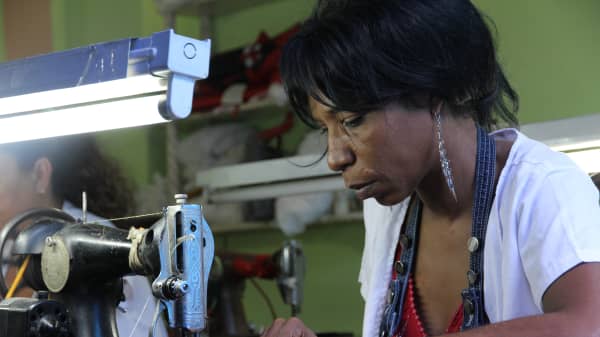Spend just five minutes in Cuba, and it's obvious the country would benefit from investment. But a large chunk of that money will have to come from overseas—and it's still not clear when or if the Cuban government will allow it on a meaningful scale.
The buildings, the roads, the power grid, the water system—all need updating after decades of neglect under a socialist regime. After CNBC spent a week in Cuba meeting with the leaders overseeing economic reforms, it's unclear whether authorities are ready to make the changes necessary to become attractive to investors on a large scale.
In a rare appearance before foreign journalists, Vice President Marino Murillo Jorge, the leader in charge of the reform process, said almost begrudgingly, "We will have to live with foreign investment in Cuba, and it will be part of the growth program we are designing."
At the same time, Murillo said Cuba is putting together a "portfolio of investments" in certain sectors that will have a "legal structure that will stimulate investment."
(Read more: Betting on regime change in Cuba)
That last phrase may be a hint that the government is willing to cede control, at least in some cases, in joint ventures with overseas companies.






